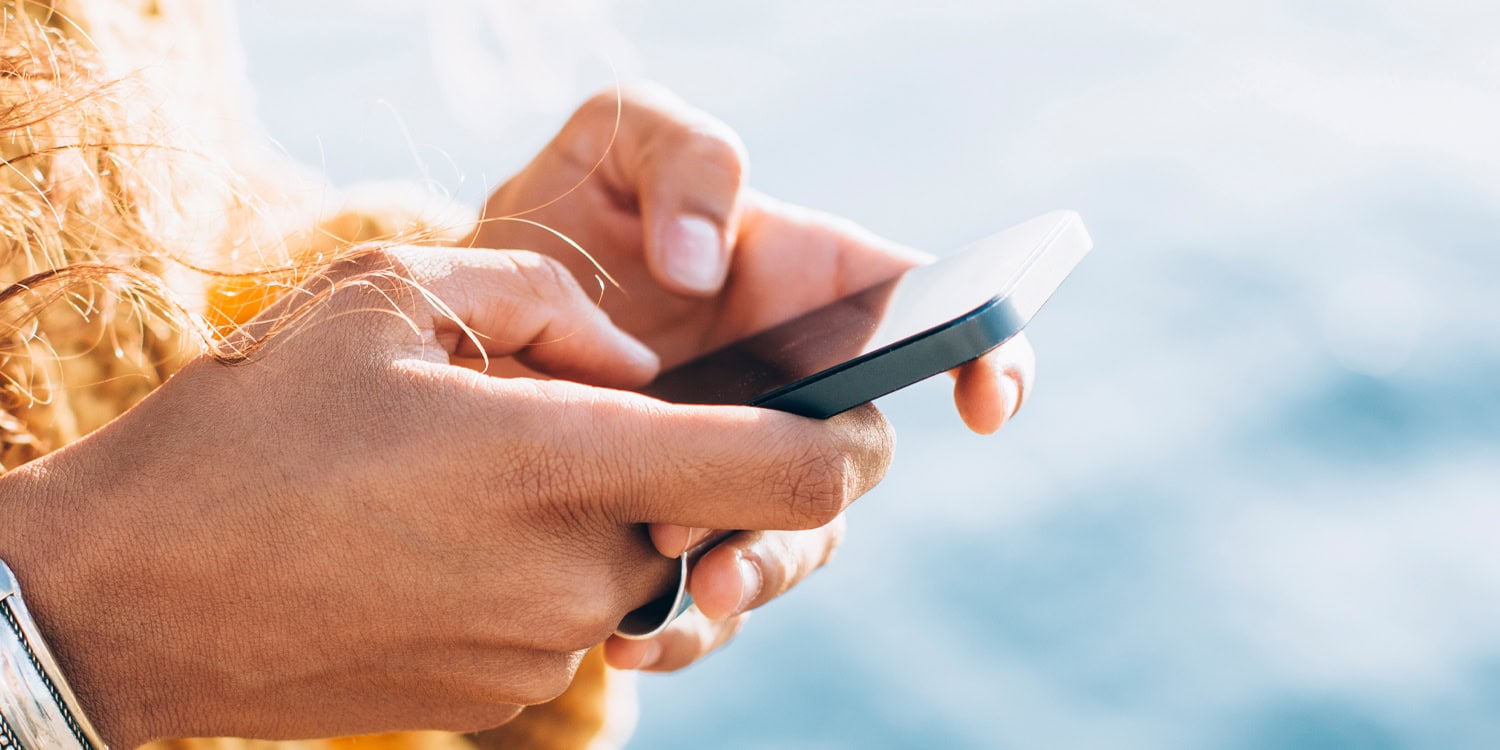A recent study published in Psychology of Popular Media sheds light on how the motivations behind texting — whether to express oneself or to escape from reality — might influence the self-confidence of individuals with varying degrees of introversion or extraversion. The findings reveal some surprising relationships between personality dispositions, texting motivations and self-confidence.
Text messaging has become one of the most prevalent forms of communication, particularly among emerging adults. With this shift, researchers have become increasingly interested in how different people use texting and what psychological impacts these uses might have.
Previous research has established that introverted individuals tend to have lower self-confidence compared to their more extraverted counterparts. However, the rise of digital communication, particularly texting, provides a new avenue for introverts to express themselves in ways that might be more comfortable than face-to-face interactions.
This study aimed to explore whether the reasons people use texting—either to express themselves or to escape from uncomfortable situations—might alter the relationship between personality traits like introversion or extraversion and self-confidence. The researchers wanted to understand how these texting motivations could either mitigate or exacerbate the typical self-confidence issues associated with introversion and extraversion.
“In thinking about what I wanted to research for my doctoral project, I would observe my younger siblings and how their views of technology significantly differed from that of our parents and grandparents. For example, they never check voicemails and heavily prefer texting over phone calls,” said study author Paulette Didia, a licensed clinical psychologist.
“I was curious about how that preference influenced their relationships and friendships and specifically their self-confidence as a result of these digital connections. Dr. Trub had previously created the Messaging Motivations Questionnaire to study the motivations behind texting and we wondered how the different motivations might have an impact on self-confidence. Additionally, as an introvert myself, and someone partial to texting as well, I wondered if introverts and extraverts experience texting and its effect on their self-confidence differently, and through these thoughts, our study emerged.”
For their study, the researchers recruited 157 participants, mostly young adults with an average age of 19, from Pace University. These participants were asked to complete a survey that assessed their personality traits, self-confidence, and their reasons for texting.
To measure introversion and extraversion, the study used a well-established psychological scale that captures where individuals fall on the spectrum between these two traits. Self-confidence was assessed through a scale that asked participants how sure they felt about themselves compared to others.
The researchers also utilized a specific questionnaire designed to understand participants’ motivations for texting. This questionnaire distinguished between two primary reasons for texting: the first was “express” motivations, where individuals use texting as a means to communicate thoughts and feelings they find difficult to express in person; the second was “escape” motivations, where individuals use texting to distract themselves from uncomfortable or boring situations.
The results revealed some interesting patterns. One of the key findings was that introverted individuals who used texting primarily as a means of self-expression reported higher levels of self-confidence than those who did not use texting in this way. This suggests that for introverts, texting can be a valuable tool that allows them to communicate more freely and authentically, which in turn may bolster their sense of self-confidence.
However, the findings also indicated that the benefits of using texting for self-expression could be undermined if the individual also used texting as a means of escape. Specifically, when escape motivations were high, the positive association between introversion and self-confidence weakened, suggesting that relying on texting as a way to avoid real-life situations might hinder the confidence-boosting benefits that come from using it to express oneself.
For more extraverted individuals, the findings were somewhat surprising. Contrary to what might be expected, those who used texting as a way to escape actually had higher levels of self-confidence than anticipated. The researchers speculated that this might be because texting allows extraverts to maintain their social connections and find stimulation, even when face-to-face interactions are not available.
However, when these extraverts used texting primarily for self-expression, it seemed to diminish the protective effects of using it as an escape, potentially because they generally prefer immediate, real-time interactions rather than the delayed nature of texting.
“In a world where people are constantly looking for simple answers and solutions (e.g. Is technology good or bad?), the fact is that the impact of technology (and in this study, texting specifically) differs based on the interaction between multiple things (in this study, personality characteristics and people’s motivations for texting),” said co-author Leora Trub, an associate professor of psychology at Pace University.
“We were surprised to see such a drastic difference in our findings versus the current research that is out there,” Didia added. “As an introvert, it provides hope that the research may start to equalize the confidence levels of both introverts and extraverts.”
But as with all research, there are some caveats to consider. For one, the cross-sectional nature of the study means it captures a snapshot in time, making it difficult to establish causality or track changes in self-confidence and texting behavior over time. Additionally, the study was conducted during the COVID-19 pandemic, a period marked by significant changes in social behavior and communication patterns.
“It would be interesting to see if these results continue to be the way the research goes,” Didia noted. “As it has been two years since our data collection, I’d be curious to see if we were to achieve the same results now, as it seems most of the restrictions and fears of the pandemic have been lifted.”
Nevertheless, the findings highlight the nuanced ways in which texting motivations are linked to personality traits and self-confidence. “We want to raise awareness of both the positive and negative effects of using texting for either motivation to allow for better communication and relationships with those around us, but also so that technology may evolve in a way that maximizes the positive effects and minimizes the negative,” Didia explained.
The study, “Stuck in the DMs: The Association Between Introversion/Extraversion and Self-Confidence Through Text-Based Communication,” was authored by Paulette Didia, Leora Trub, and Brenna Hassinger-Das.




